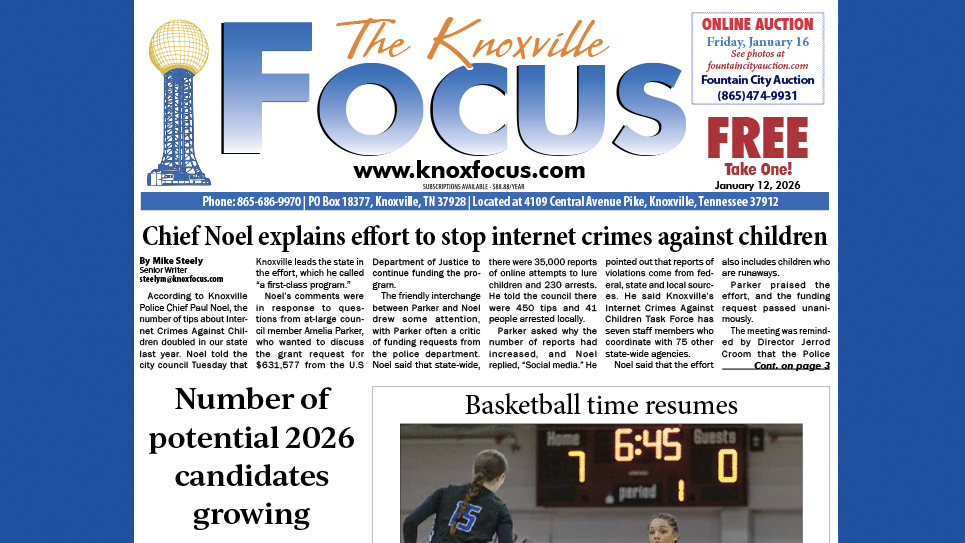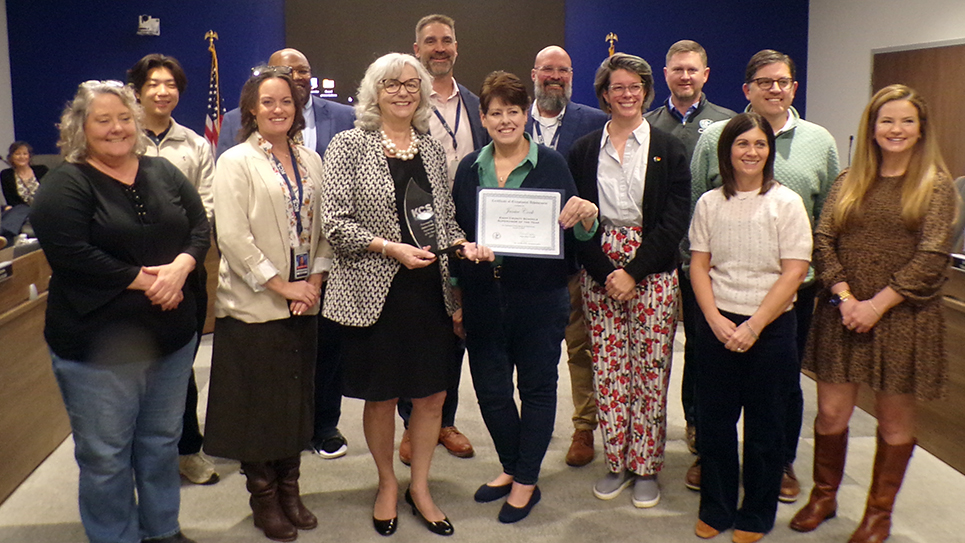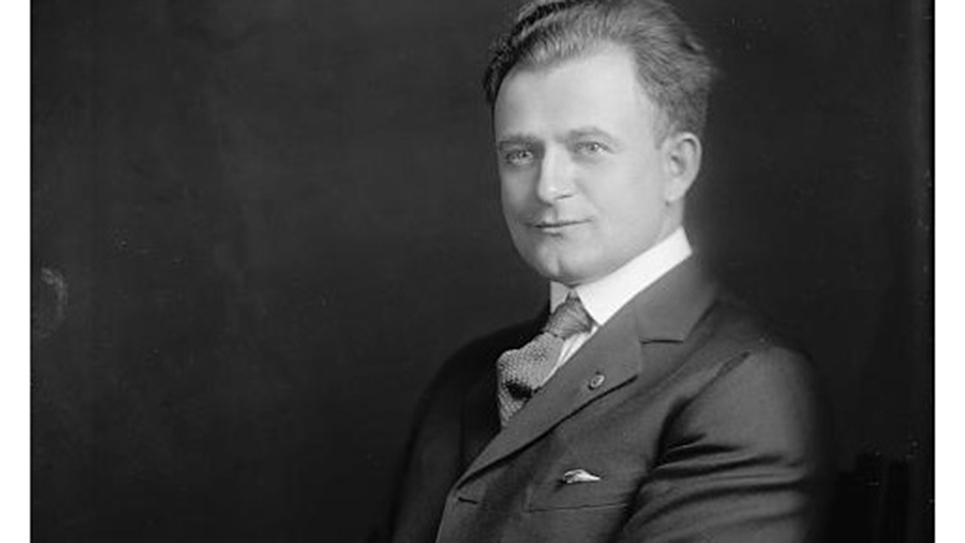I once read that Billy Graham was sorry he didn’t memorize more Bible verses when he was young, so that he would have them when he was older and failing vision made reading the Bible more difficult. Memorization is not emphasized in education these days. My sixth grade teacher made our class memorize poems and recite them in front of the class. I hated that. This was another aspect of my education which I didn’t appreciate as a young person. Maybe she knew that pain effectively imprints memories in the human brain, and her “painful poetry” exercises would store treasures in our minds for future reflection. I can still recite Joyce Kilmer’s poem Trees. Kilmer lauds prayer and God in his poem, but I was too immature to make much of philosophy when I was young.
I memorize scripture now as well as famous quotes or the occasional poem which resonates with me. You might ask in this age of the internet, Google searches and technology why I think it’s important to have the wisdom of the ages as part of the RAM (random access memory) of my mind’s operating system. After all, by training, I’m a man of science not the arts. I might respond by arguing that I now use science artfully. And as I look back over my life I find that the two most memorable and useful courses I took as an undergraduate at The University of Tennessee were music and art appreciation.
In antiquity memorization was a highly valued skill. Few people were able to read and the written word was very expensive to record on parchment or papyrus. Because it was largely an aural culture before general education, printing presses and the Net, professional story tellers would memorize great volumes of works like the Iliad and travel around to recite the works around campfires and in communities.
I don’t memorize to astound others, but for my own reflection and benefit. I fancy beautiful words, lofty perspectives and wisdom of the ages. Poems and scripture warm my soul, but I’ve found that hymns do as well. In fact, when I’m in a spiritual desert I often jump start my meditation and journaling by singing hymns I’ve memorized. Actually, it’s been shown that music aids memorizing theological perspectives when set to melodious sound.
Perhaps St. Augustine observed that scripture performed by travelling reciters resonated differently than when read in silence as was customary with 5th century church academics. We know that his colleagues found it strange when Augustine began to read the Bible to himself out loud. Similarly, a play resonates differently when read than when experienced in performance. Poetry is especially designed to be read aloud, just as hymns are meant to be sung. Perhaps by expanding the experiential medium understanding resonates deeper.
I’ve been blessed to travel widely during my sixty-five years. My wife tells of an aunt who similarly loved to travel. Unfortunately, she developed dementia, but it didn’t diminish her wanderlust. However, as her condition progressed she admonished her travel companions to take care and remember what they experienced together so she could be reminded of those “memories” later.
In Alzheimer’s Disease recent experiences and memories are affected first and become elusive. Only later in the illness do memories made and stored long ago begin to likewise fade. Maybe this is some small blessing in this otherwise terrible disease which not only steals one’s memories, but ultimately steals one’s personality and life.
The human brain has ten billion neurons or nerve cells. When we learn to ride a bicycle, neural connections are formed between neurons, and once the circuit is completed you never forget how to ride a bicycle. However, brain damage to neurons or their connecting pathways from, for instance, a stroke can result in an inability to walk, talk or even recall the meaning of “bicycle”.
Science has shown that Alzheimer’s Disease is characterized by neurofibrillary tangles and neuritic plaques in brain tissue. It is thought these occur as a result of faulty production or failure to remove waste chemicals such as beta amyloid and phospho-tau proteins. These structural changes can be seen with a microscope or an MRI, but they don’t tell the personal story. Technology can define the ongoing damage to brain tissue, but the loss of function in the organ designed to integrate and store memories, personality and orchestrate human life is far more profound.
Fortunately, I don’t have dementia and can still form new memories and relish places I’ve been. My wife is an extrovert and a people person . We compliment each other in so many ways. She remembers intricate details of family and relationships. I sometimes have to explain to her where we were when a travel picture was taken. Just as I can recall each shot in a round of golf, I believe I can remember every place I’ve ever been.
I’ve traipsed across the Pyrenees through the tiny country of Andorra. I’ve sailed through fiords and watched glaciers calve. I’ve skied from mountain tops and submerged with a scuba tank one hundred feet off the continental shelf of the Cayman Islands. I learned why Ireland is called the Emerald Isle, as I gazed from an airline window at the kelly green landscape. And the atmospheric effects of the Scottish Highlands caused me to understand why Emily Dickinson used heather and a moor as metaphors of heaven and God.
Yes, “poems are made [for] fools like me,” but now I understand that “only God can make a tree.” And these days I cling to hope that “though the wrong seems oft so strong, God is the ruler yet.”






